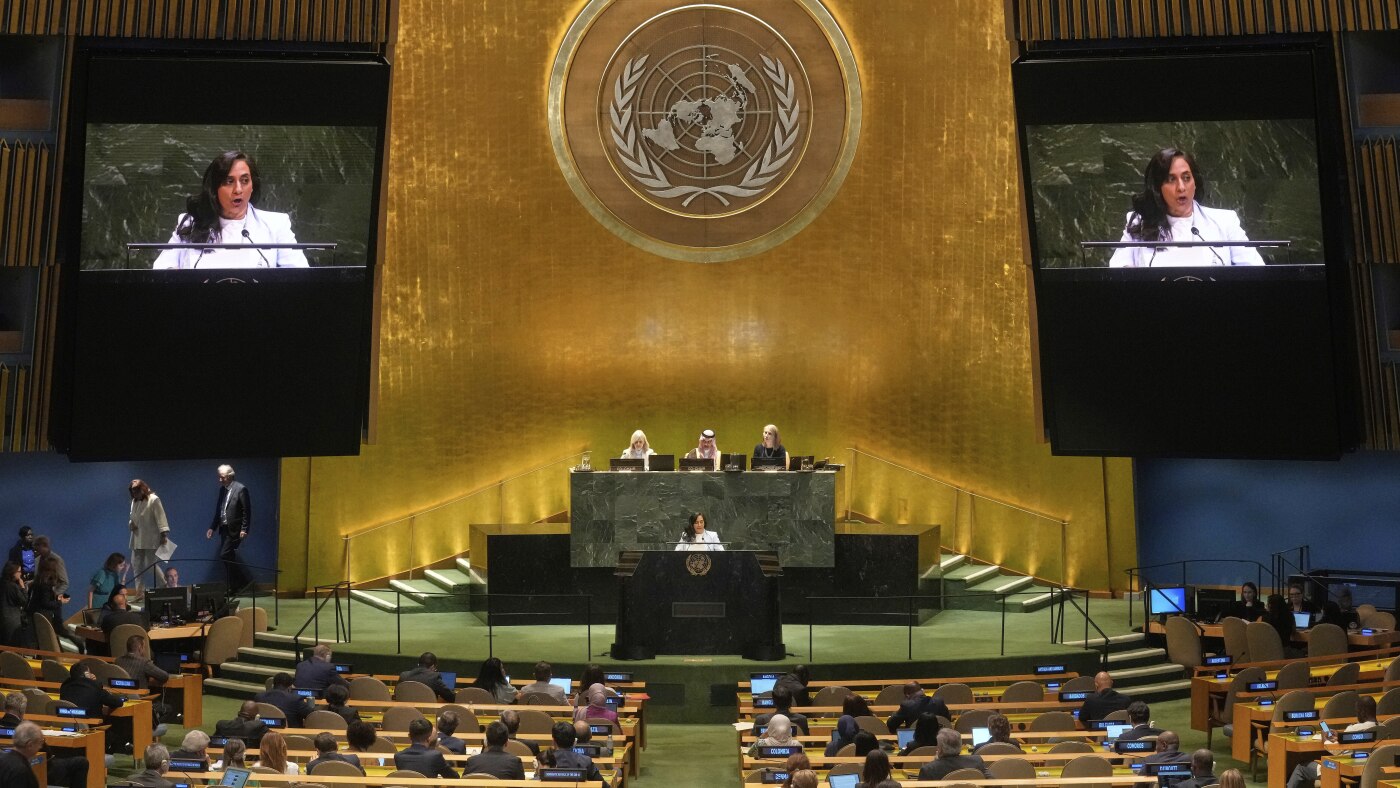A Shift in Geopolitical Sands: Canada and Malta’s Recognition of Palestine
Introduction: A New Chapter in International Diplomacy
The international stage is never static, constantly evolving through the interplay of diplomacy, historical context, and shifting political landscapes. Recent developments suggest a pivotal moment in the Israeli-Palestinian conflict: Canada and Malta have announced plans to formally recognize the state of Palestine. This decision, expected to be formalized at the UN General Assembly in September, aligns them with France and the United Kingdom, potentially reshaping the dynamics of the conflict and intensifying pressure for a lasting resolution. This move raises critical questions: What does this recognition entail? What drives these nations to take this step? And what implications might it have for the region and the global community?
The Weight of Recognition: More Than Symbolic Gestures
State recognition is a profound diplomatic act, signifying that a nation acknowledges another entity as a sovereign state under international law. The criteria for recognition, rooted in the 1933 Montevideo Convention, include a permanent population, defined territory, a functioning government, and the capacity to engage in international relations. Recognition is not merely symbolic; it confers legitimacy, opening doors to diplomatic ties, economic partnerships, and enhanced global standing.
For Palestine, recognition is especially fraught. While the Palestinian Authority (PA) governs parts of the West Bank and Gaza Strip, its authority is fragmented and contested. The question of Palestinian statehood is deeply entangled with the broader Israeli-Palestinian conflict, particularly issues of borders, security, and the status of Jerusalem. Thus, recognition by Canada and Malta is not just a procedural step—it is a statement with far-reaching implications.
The Motivations: Why Now?
Several factors likely underpin Canada and Malta’s decision to recognize Palestine:
1. Frustration with the Status Quo
Decades of stalled peace negotiations and the expansion of Israeli settlements in the West Bank have created a sense of stagnation. Recognition could be a strategic move to break this impasse and revitalize the peace process.
2. International Momentum
The growing global consensus favoring a two-state solution, coupled with criticism of Israeli policies, has created a more favorable environment for recognition. The recent steps taken by France and the UK may have emboldened Canada and Malta to follow suit.
3. Domestic Political Pressures
Both nations may be responding to internal political and societal demands. Civil society groups, political factions, and public opinion within Canada and Malta could be pushing for stronger support of Palestinian rights.
4. Commitment to a Two-State Solution
Recognition can be framed as a concrete step toward achieving a two-state solution, which envisions an independent Palestinian state coexisting with Israel. This aligns with long-standing international efforts to resolve the conflict through diplomacy.
5. Conditional Recognition
Reports suggest that Canada’s recognition may come with conditions, such as the Palestinian Authority ensuring Hamas does not influence future elections and committing to governance reforms to reduce corruption and enhance accountability.
The Ripple Effects: What Recognition Could Mean
The recognition of Palestine by Canada and Malta, alongside France and the UK, could have profound consequences:
1. Diplomatic Pressure on Israel
This move could intensify diplomatic pressure on Israel to re-engage in meaningful negotiations with the Palestinians, potentially altering the trajectory of the conflict.
2. Strengthening Palestinian Legitimacy
Recognition would bolster the Palestinian Authority’s legitimacy domestically and internationally, reinforcing its role as the representative of the Palestinian people.
3. Shifting Global Opinions
The recognition by these nations could inspire other countries to follow, leading to a broader international shift in favor of Palestinian statehood.
4. Renewed Negotiations
The move might create a more conducive environment for peace talks, providing a clearer framework for a two-state solution.
5. Potential Backlash
There is a risk of strong negative reactions from Israel and its allies, possibly leading to diplomatic tensions and further entrenchment of positions.
6. Enhanced Aid and Cooperation
Recognition could facilitate increased aid and cooperation between Canada, Malta, and Palestine, supporting the development of Palestinian institutions and infrastructure.
7. Symbolic Significance
Even if immediate changes on the ground are limited, the act of recognition carries symbolic weight, signaling growing international acknowledgment of Palestinian rights and aspirations.
8. The UK’s Conditional Stance
The UK’s prime minister has stated that Britain would recognize Palestine before the September meeting but would hold off if Israel agrees to a ceasefire and a long-term peace process within the next eight weeks. This adds pressure on Israel to comply with these terms.
A Cautious Step Forward
While recognition is a significant development, it is not a panacea for the Israeli-Palestinian conflict. The path to peace remains fraught with challenges, and recognition alone will not resolve all issues. However, it can serve as a valuable step toward creating a more equitable and sustainable framework for negotiations. These countries may also be aiming to facilitate or encourage a two-state solution in the region.
A Beacon of Hope?
The decision by Canada and Malta to recognize Palestine transcends mere political strategy—it is a statement of hope. It reflects a belief that a two-state solution remains achievable, that Palestinians deserve self-determination, and that lasting peace can be attained through diplomacy and mutual respect. Whether this hope translates into reality remains uncertain, but the winds of change are undeniably blowing. The world watches to see if this recognition will herald a new era of peace or merely mark another chapter in an enduring conflict.

